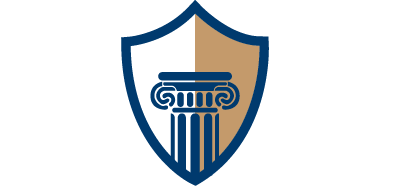Probate Law
Probate is a legal process that occurs after an individual passes away, involving the settlement and distribution of their estate. This comprehensive and often complex legal procedure aims to ensure that the deceased person’s debts are settled, and their remaining assets are distributed in accordance with their will or applicable laws. This overview explores the key aspects of probate, including its purpose, the probate process, potential challenges, and alternatives to probate.
- Purpose of Probate:
The primary purpose of probate is to provide a legal framework for the orderly distribution of a deceased person’s assets and the resolution of their financial affairs. Probate serves several key functions, including validating the deceased person’s will, identifying and inventorying their assets, paying outstanding debts and taxes, and ultimately distributing the remaining assets to the rightful beneficiaries.
- Initiating Probate:
Probate is typically initiated by the filing of a petition with the probate court, either by the executor named in the deceased person’s will or, in the absence of a will, by an administrator appointed by the court. The court then officially appoints the executor or administrator to oversee the probate process.
- Validating the Will:
If there is a will, one of the initial steps in probate is validating the document’s authenticity. The court ensures that the will was executed according to legal requirements and that the deceased person was of sound mind when creating it. If the will is deemed valid, the court proceeds with the probate process based on its instructions.
- Inventorying Assets:
The executor or administrator is responsible for compiling a comprehensive inventory of the deceased person’s assets, including real estate, financial accounts, personal property, and any other holdings. This inventory serves as a basis for determining the estate’s value.
- Addressing Debts and Taxes:
During probate, outstanding debts and taxes owed by the deceased person are addressed. Creditors are notified, and their claims are evaluated. The estate is then used to settle these debts, including funeral expenses, outstanding bills, and any taxes owed to federal and state authorities.
- Distributing Assets to Beneficiaries:
Once debts and taxes are settled, the remaining assets are distributed to the beneficiaries as outlined in the will or, in the absence of a will, according to state laws of intestacy. This distribution is overseen by the executor or administrator and is subject to court approval.
- Potential Challenges and Disputes:
Probate proceedings can sometimes face challenges and disputes, including contested wills, disagreements among beneficiaries, or claims from creditors. These issues can prolong the probate process and may require resolution through legal proceedings. Common challenges include allegations of undue influence, lack of testamentary capacity, or disputes over the interpretation of the will.
Legal Representation:
Navigating the probate process can be complex, and many individuals seek legal representation to ensure compliance with applicable laws and regulations. Probate attorneys assist executors, administrators, and beneficiaries in fulfilling their respective roles, addressing challenges, and facilitating the efficient settlement of the estate. Reach out to a probate lawyer from a law firm like Carpenter & Lewis PLLC for assistance.

